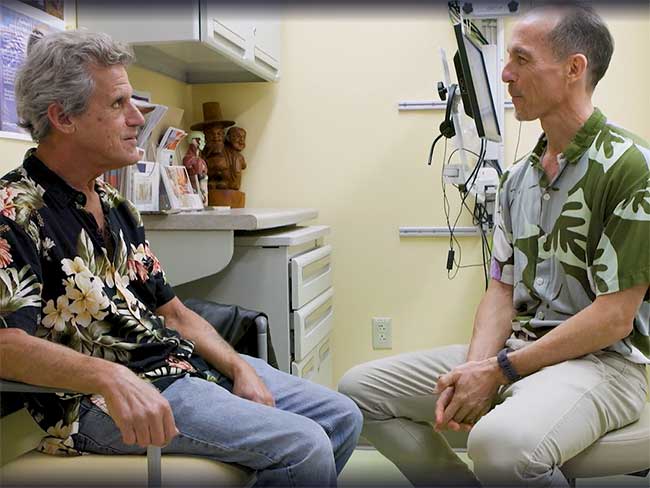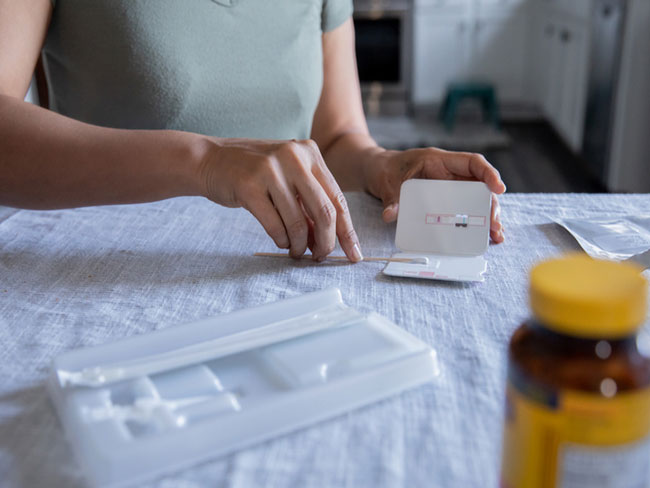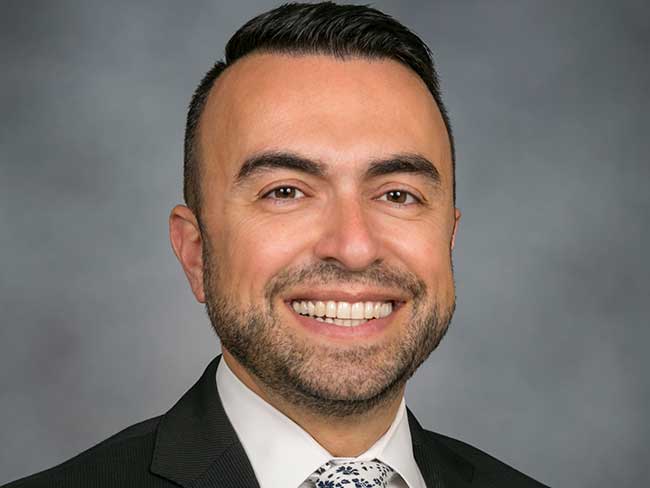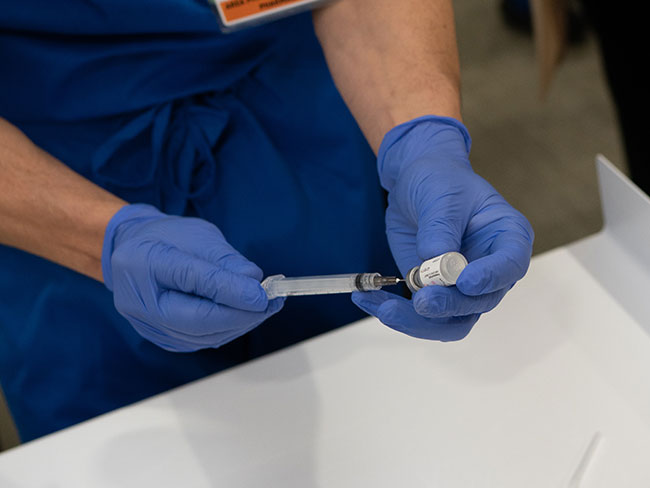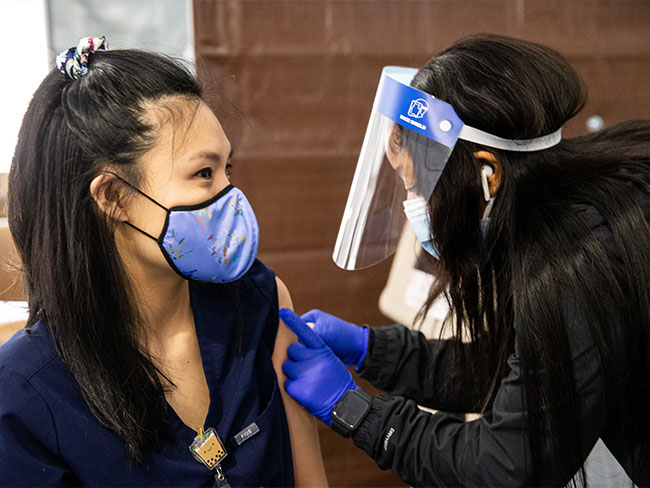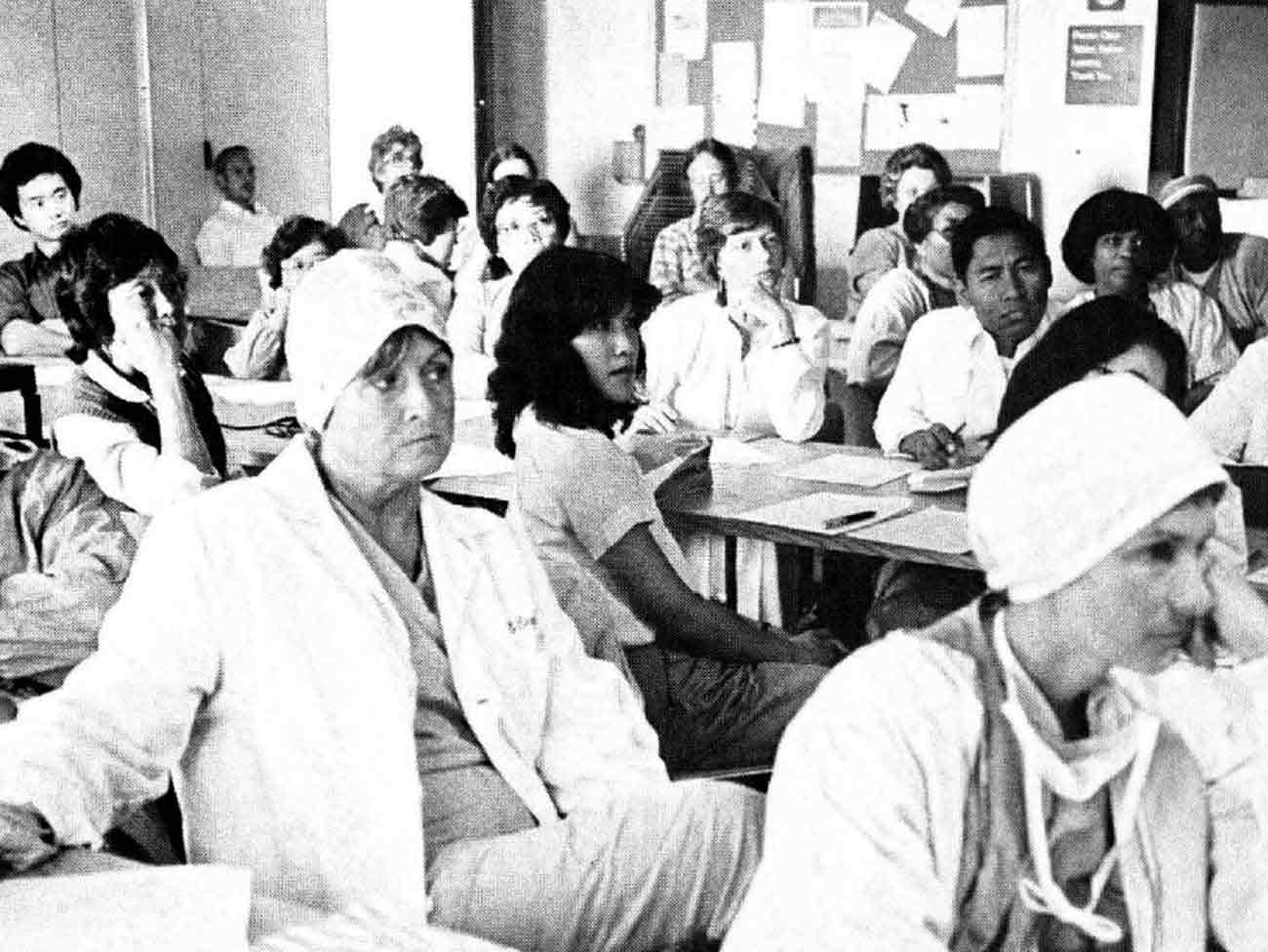What to know about COVID-19 vaccines
The updated vaccine is recommended for everyone 6 months and older.
For the latest information on the updated COVID-19 vaccine, visit kp.org/covidvaccine.
The Centers for Disease Control and Prevention recommends everyone 6 months and older get an updated COVID-19 vaccine to protect against the potentially serious outcomes of COVID-19 illness this 2023 to 2024 fall and winter season.
Members can go to kp.org/covidvaccine for information on how they can receive the updated COVID-19 vaccination.
Why should I get the updated COVID-19 vaccine?
According to the CDC, if you haven’t received a COVID-19 vaccine in the past 2 months, you should get an updated COVID-19 vaccine.
“Vaccination is still the best protection against COVID-19-related hospitalization and death,” said Craig Robbins, MD, physician co-lead for Kaiser Permanente’s national COVID-19 vaccination program. “We very much encourage those who are eligible to get vaccinated.”
CDC experts also recommend the updated vaccine for reducing your chance of suffering the effects of long COVID, which can develop during or following acute infection and last for an extended duration.
According to the CDC, the updated vaccine has met the CDC’s rigorous scientific standards for safety, effectiveness, and manufacturing quality.
Does everyone get the same dose?
No, there are different dosage recommendations depending on your age and previous vaccinations.
- 5 years and older, regardless of previous vaccination: Single dose of an updated mRNA COVID-19 vaccine at least 2 months since the last dose of any COVID-19 vaccine
- 6 months to 4 years, previously vaccinated: 1 or 2 doses of an updated mRNA COVID-19 vaccine (the timing and number of doses depends on the previous COVID-19 vaccine received)
- 6 months to 4 years, unvaccinated: 3 doses of the updated Pfizer COVID-19 vaccine or 2 doses of the updated Moderna COVID-19 vaccine
Will I have to get a COVID-19 vaccination every year?
The updated vaccine is expected to provide good protection against the currently circulating COVID-19 variants. The Food and Drug Administration anticipates that the composition of the COVID-19 vaccine may need to be updated annually, as is done for the seasonal flu vaccine.
Can I get the COVID-19 and flu vaccines at the same time?
There has now been enough safety data tracked that the CDC allows COVID-19 vaccination at the same time as other vaccinations, such as the flu shot. This includes simultaneous and same-day administration of the COVID-19 vaccine and other vaccines and applies across all age groups that are eligible for COVID-19 vaccination. The CDC’s recommendation highlights the importance of staying up to date on all appropriate vaccinations to protect your total health.
For more information on COVID-19 and other seasonal respiratory illnesses, visit kp.org.

